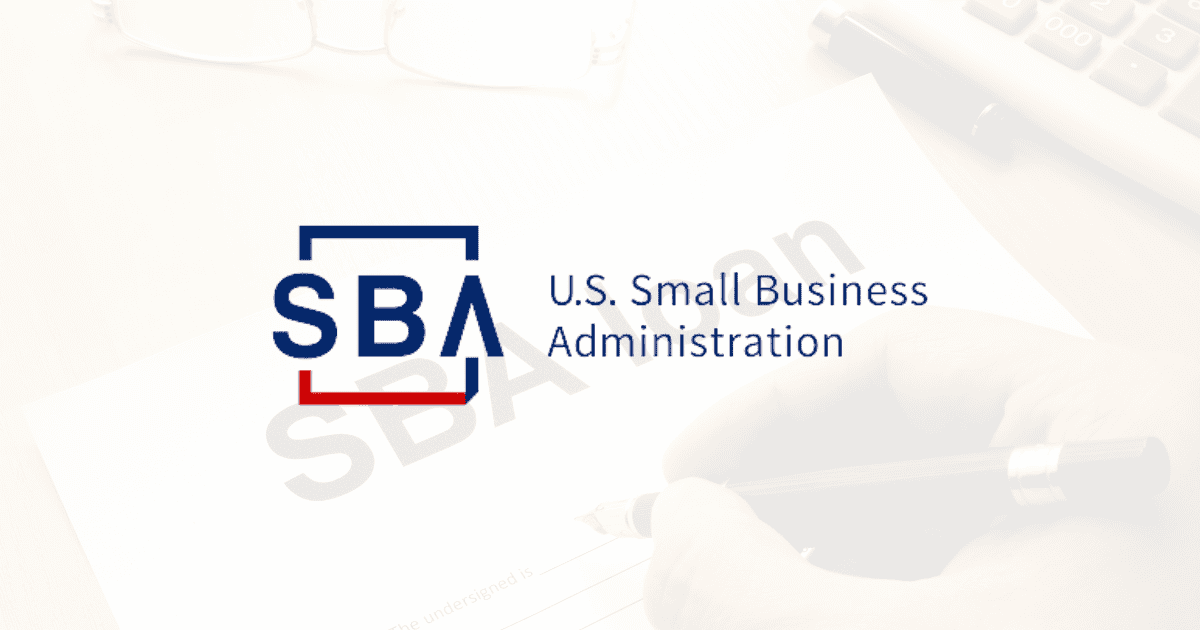 The U.S. Small Business Administration (SBA) has launched an innovative initiative aimed at expanding access to working capital for small businesses across the country. The newly introduced 7(a) Working Capital Pilot Program is designed to provide flexible and competitively priced lines of credit to help small businesses manage their operations, pursue growth opportunities, and enhance their financial stability.
The U.S. Small Business Administration (SBA) has launched an innovative initiative aimed at expanding access to working capital for small businesses across the country. The newly introduced 7(a) Working Capital Pilot Program is designed to provide flexible and competitively priced lines of credit to help small businesses manage their operations, pursue growth opportunities, and enhance their financial stability.
Background
The SBA’s 7(a) loan program has a long history of supporting small businesses by providing them with necessary financial resources. Over the years, the program has evolved to meet the changing needs of entrepreneurs, helping countless businesses to start, grow, and thrive. The 7(a) Working Capital Pilot Program is the latest addition to this legacy, addressing the need for more flexible working capital solutions in today’s economic climate.
Features of the 7(a) Working Capital Pilot Program
The 7(a) Working Capital Pilot Program introduces two main types of credit lines:
- Transaction-Based WCP: This allows small businesses to fund individual projects or orders, enabling access to working capital earlier in the sales cycle.
- Asset-Based WCP: This provides small businesses with a cost-effective way to access working capital against their assets, improving cash flow management and supporting supply chain resiliency.
An innovative feature of the program is its annual SBA upfront guaranty fee, which offers greater flexibility and reduces the cost of loans with shorter maturities. This fee structure was first introduced under the SBA’s 7(a) Export Working Capital Program and has proven effective in lowering costs for small businesses.
Benefits to Small Businesses
The 7(a) Working Capital Pilot Program offers several key benefits:
- Enhanced Access to Capital: Provides small businesses with the necessary funds to operate efficiently and pursue growth opportunities.
- Improved Cash Flow Management: Helps businesses better manage their finances by allowing them to access working capital as needed.
- Support for Supply Chain Resiliency: Ensures that businesses can maintain smooth operations by securing working capital against their assets.
- Opportunities for Growth and Job Creation: Enables businesses to take advantage of new opportunities, thereby creating jobs and contributing to economic growth.
Implementation Details
The program is set to launch this year, with detailed information available on the SBA’s official website. Eligibility criteria will include the standard requirements for the SBA’s 7(a) loan program, ensuring that a broad range of small businesses can benefit from this initiative. The application process will be straightforward, with required documentation designed to streamline approval and disbursement.
Case Studies and Examples
Consider a small manufacturing business that needs to fulfill a large order. With the Transaction-Based WCP, the business can secure funds early in the sales cycle, ensuring they have the resources to complete the project on time. Alternatively, an asset-based WCP loan could help a retail business manage its inventory and cash flow more effectively, providing stability during peak sales periods.
How to Apply
Applying for the 7(a) Working Capital Pilot Program is a simple process:
- Visit the SBA’s Official Website: Detailed information and application forms are available on the SBA’s website.
- Prepare Required Documentation: Gather necessary financial statements, business plans, and other relevant documents.
- Submit the Application: Follow the step-by-step guide provided by the SBA to complete and submit your application.
- Utilize SBA Resources: Take advantage of the SBA’s resources and support services for guidance throughout the application process.
Final Thoughts
The 7(a) Working Capital Pilot Program represents a significant step forward in the SBA’s mission to support small businesses. By offering flexible, competitively priced lines of credit, this program aims to help businesses manage their operations, seize growth opportunities, and enhance their financial stability. As the SBA continues to innovate and adapt to the needs of small businesses, programs like the 7(a) Working Capital Pilot will play a crucial role in driving economic growth and job creation.